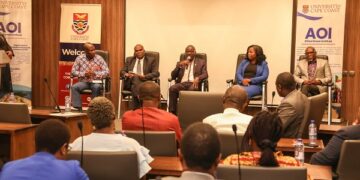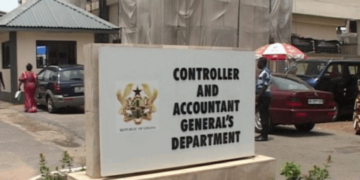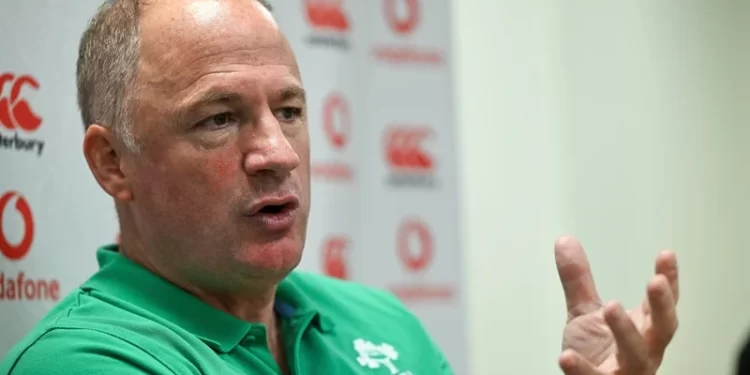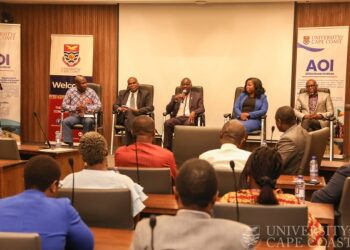Humphreys Dismisses Provincial Struggles as a Minor Setback
Humphreys dismisses provincial struggles as a minor setback as he marks a year as IRFU performance director, a role he stepped into after David Nucifora, with major decisions already testing him. The Irish national team has faced challenges, including Andy Farrell’s Lions sabbatical, a third-place Six Nations finish, and a shaky Autumn Nations Series. Humphreys has made tough calls, such as cutting the men’s Sevens program to redirect funds to Munster, Connacht, Ulster, and the women’s game, a move that could define his tenure. His more active role in women’s rugby has seen steady progress, despite a recent hurdle with defence coach Hugh Hogan leaving before the World Cup due to disagreements with head coach Scott Bemand, leading to James Scaysbrook stepping in.
ICYMI: Paul Flynn shares his predictions for the football quarter-finals
Addressing Provincial Challenges
The real concerns lie in provincial performances. Connacht and Ulster missed out on Champions Cup qualification, with Connacht’s season unraveling and costing Pete Wilkins his job. Munster barely reached the URC play-offs and parted ways with Graham Rowntree. Leinster secured the URC title but suffered a surprising Champions Cup semi-final loss to Northampton Saints. Despite these setbacks, Humphreys insists there is no sign of regression, seeing this season as a period of necessary changes rather than decline.
Bridging the Gap with Leinster
Humphreys’ focus is on bringing Munster, Connacht, and Ulster closer to Leinster in both results and resources. Coaching changes across the provinces, including Richie Murphy at Ulster, Stuart Lancaster at Connacht, and Clayton McMillan at Munster, reflect their ambitions. Humphreys believes the IRFU’s role is to make all four provinces competitive while Leinster continues to push the standards, aiming to strengthen the national team as a result.
Funding Changes and Recruitment Flexibility
To help close the gap, provinces will now contribute up to 40% of the wages for centrally contracted players, freeing €700,000 for redistribution, while funds saved from the Sevens program’s closure will also support the provinces and women’s game. Humphreys has also adjusted his previous stance on foreign-qualified front-row signings, allowing Leinster to re-sign Rabah Slimani and Ulster to bring in Angus Bell, reflecting his flexibility in managing performance needs while ensuring young Irish front-row talents get opportunities.
Stance on Player Selection Abroad
However, Humphreys remains firm on not selecting players based outside Ireland for the men’s national team, emphasizing that the IRFU’s system of player management and welfare within the provinces helps extend players’ careers, a benefit they believe outweighs the potential gains of letting players compete in other leagues. For now, maintaining this policy is seen as a key strength of Irish rugby, ensuring longevity and consistency for the national team’s future.

























